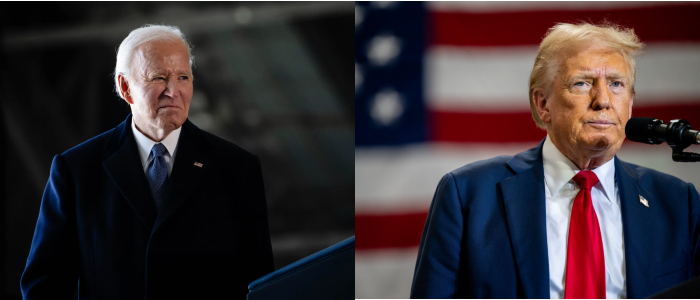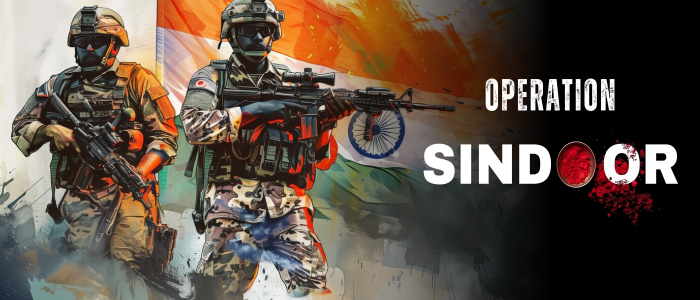Pope Francis, who died at the age of 88 on Easter Monday, 21 April this year, was interested in soccer. I don’t know if he was also interested in cricket; it is possible, but not quite likely, since in the Pope’s homeland, Argentina, cricket is not all that common, certainly not competing with football. I am sure that the Pope, like other sports enthusiasts, cheered the Argentina Team, with Diego Maradona and the other famous players, when they won games.
But then in his public life, the Pope always took the side of the poor, the weak, the oppressed, and all those treated badly by structures in society or powerful people. He was against the extreme aspects of the world capitalist system. He often spoke against corruption and people taking advantage of their political and other powerful positions to get economic and other benefits that they shouldn’t get.

The Pope was many times accused of not creating unity but divide in the Catholic Church. He was a compassionate religious leader, who would speak his mind and speak up for those who needed advocates, and it was obvious, indeed so when the Pope took up political and social issues, as he did frequently, that people disagreed. Yet, it is always the role of the religious leaders and associations, in the Church, Islam, and other associations to speak up for the poor and oppressed and point out wrongs are done to people.
The religious associations have a moral authority that people will listen to. Strict security measures enforced for PMA president’s parade, section 144 imposed When Pope Francis became Pope in 2013, his name was Jorge Mario Bergoglio, and according to tradition, he chose a new name for his time as Pope. He chose Francis after Saint Francis of Assisi (c.
1181-1226), who was a symbol of speaking and caring for the poor. Certainly, Pope Francis knew from the beginning of his papacy that being a ‘man of and for the poor’ would often be controversial, and also that it would put demands on his own style of living and behaving. He stressed simplicity, modesty and humility.
As compared to his more theological and doctrine-oriented predecessor, Pope Benedict, who was Pope from 2005-2013, Pope Francis was more political, as was also Pope John Paul who was Pope from 1978-2005, and who played a role in ending communism and the Cold War. In our days, Pope Francis spoke up for the Palestinian people and criticised Israel for the ongoing brutal war and human rights abuses in Gaza. He also appealed to Russia to end the war in Ukraine soonest.
He criticised the Patriarch of Moscow, the leader Orthodox Church’s closeness to the Putin regime in Russia, including the invasion of Ukraine. It should be underlined that the leaders of the Catholic Church, as well as leaders of other religious associations, always have a duty to speak up for peace, even pacifism. Pope Francis clearly emphasized the importance of cooperation and dialogue, not conflict, building bridges, not walls, and he said that every war represents a failure.
JKT opens ICT and STEM labs for girls in Khanewal Furthermore, the Pope spoke about the importance of sustainable environmental policies in the world. He criticised USA for its current drastic policies towards illegal immigrants, and he advised us all to be compassionate towards immigrants and refugees. The Pope criticised the new American Vice-President J.
D. Vance, a Catholic himself, for using Catholicism in support of USA’s immigration policies. Yet, Vance became the last dignitary to be granted audience the day before the Pope’s passing, and Vance issued a positive statement about the Pope.
Let that be taken as a symbol of dialogue helping the world on right track, even when opinions differ. Pope Francis wanted women to have a more prominent role in the Catholic Church, and some progress was made. He also opened for debate about lifting the rule of celibacy among Priests and Sisters.
About sexual abuse of either gender within the Catholic Church, indeed of children, Pope Francis made the investigations more open and deeper than what was common before. Yet, to reach change on these and other internal issues will take a long time before they will be implemented, if ever; that certainly also included same-sex relations and LGBTQ issues. Pope Francis said he was not to judge.
Many believed that he was too liberal in several fields. We don’t know if Pope Francis’ line will continue or if there will be a relapse back into earlier and more conservative approaches. About family planning, Pope Francis said that the Catholic Church is against artificial contraception, but he added that people should limit the number of children they have in a world with a high population growth rate.
Motorcyclists kill woman Pope Francis was not afraid of controversies, almost the opposite, and he was fond of using the media for expressing vies and inviting to debate. It was often risky and could have led to a split among liberals and conservatives in the Catholic Church of 1.4 billion people, plus close to another billion Protestant Christians.
But the Pope managed to leave a fair unity behind him, probably since he spoke so strongly for the poor and oppressed. He went further than speaking only for Christians, and invited for cooperation with other religious associations, indeed Muslims and Jews. In future, it will be important for all believers if inter-faith cooperation can be expanded, not to change other associations, but to learn from each other, and especially to focus on fields of common concern, notably the poor and marginalised, fairness, and peace issues.
The process of selecting a new Pope will formally begin in a few weeks when the men who are top leaders in the Catholic Church, the 135 Cardinals with voting rights (below the age of 80), will begin their deliberations in the Conclave in the Sistine Chapel in the Vatican. About eighty percent of the Cardinals have been appointed by Pope Francis. Earlier, the majority of the Cardinals were European, but now Europeans.
Geography is a factor when selecting a new Pope; the Catholic Church is growing in Africa, but there has not in recent centuries been an African Pope. Pope Francis was the first Pope from Latin America, yet of Italian ethnicity. It may now also be ‘Asia’s turn’, and Cardinal Luis Tagle (67) is seen as a favourite candidate by many, especially liberals.
Also, Ghanaian Cardinal Peter Appiah Turkson (76) has been mentioned as a possible candidate, but Catholics on that continent are often seen as too conservative. Even a Swedish Cardinal, Anders Arborelius (75) from a predominantly Protestant country, has been mentioned, and two Italian Cardinals have also been mentioned, among others. It should be mentioned that the way the Pope is selected is not a following a democratic process.
AC takes notice of BISP Scam Finally, let mention that the role of the Pope is important for everyone, not only Catholics and other Christians, but also Muslims and other believers, and non-believers. We all listen to the words of the Pope on moral and value issues, whether we agree or not, certainly on issues regarding poverty alleviation and fairness in society. Although many issues in the Catholic Church are political, religious associations are not political parties.
Religious leaders take up moral and value issues, and say what they believe is right and good, but leave concrete implementation to the secular leaders. Also, religious leaders must certainly focus on theological and pure faith issues. In our time, to appeal to the broad masses, these issues, too, must be seen as relevant to people in their everyday life, not only their spiritual life.
Atle Hetland The writer is a senior Norwegian social scientist with experience from university, diplomacy and development aid. He can be reached at [email protected] Turkish delegation visits Nawaz Sharif University of Agriculture Tags: pope francis passes.
Politics

As Pope Francis Passes

Pope Francis, who died at the age of 88 on Easter Monday, 21 April this year, was interested in soccer.















